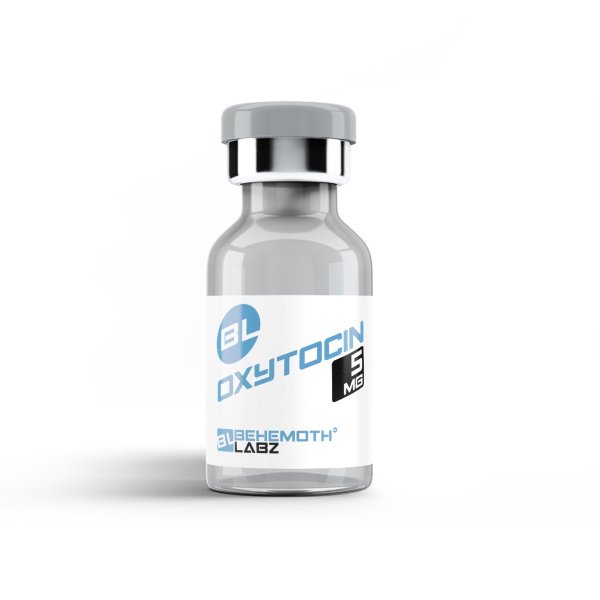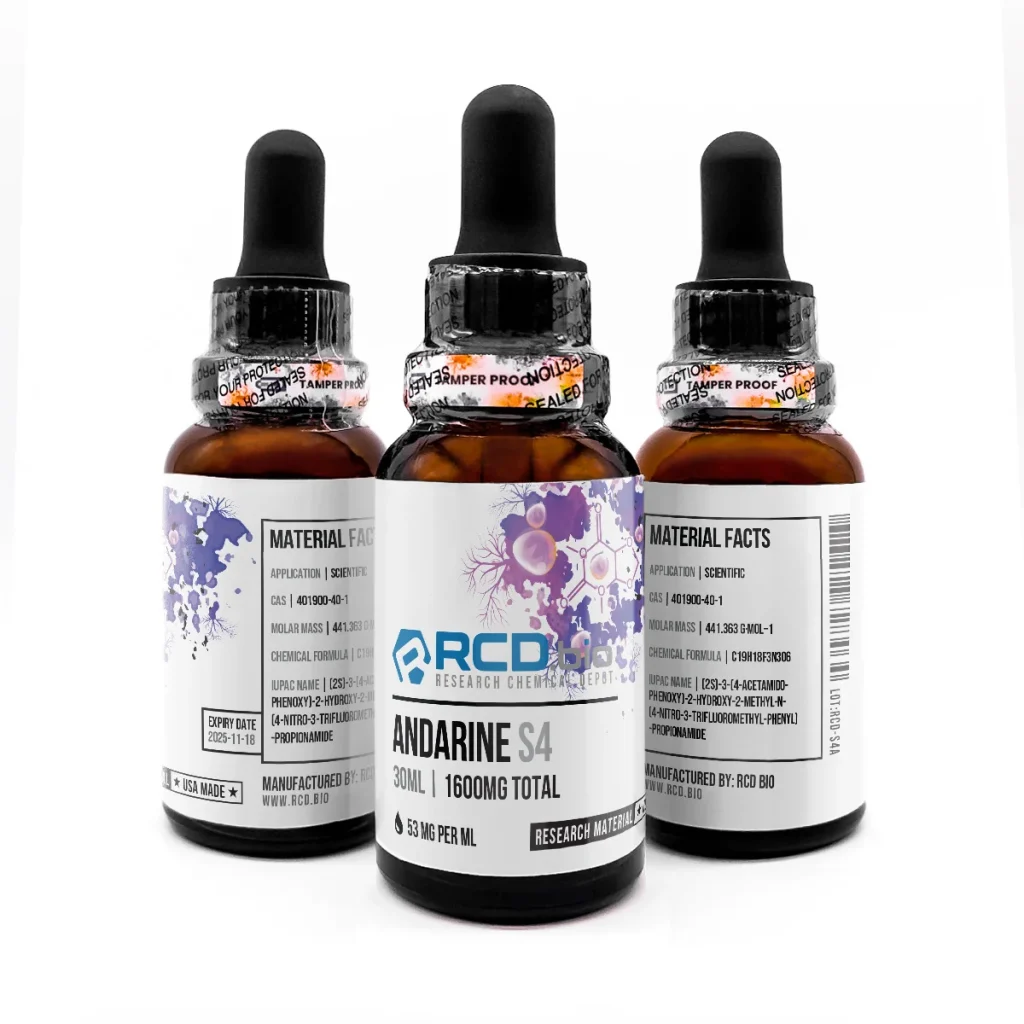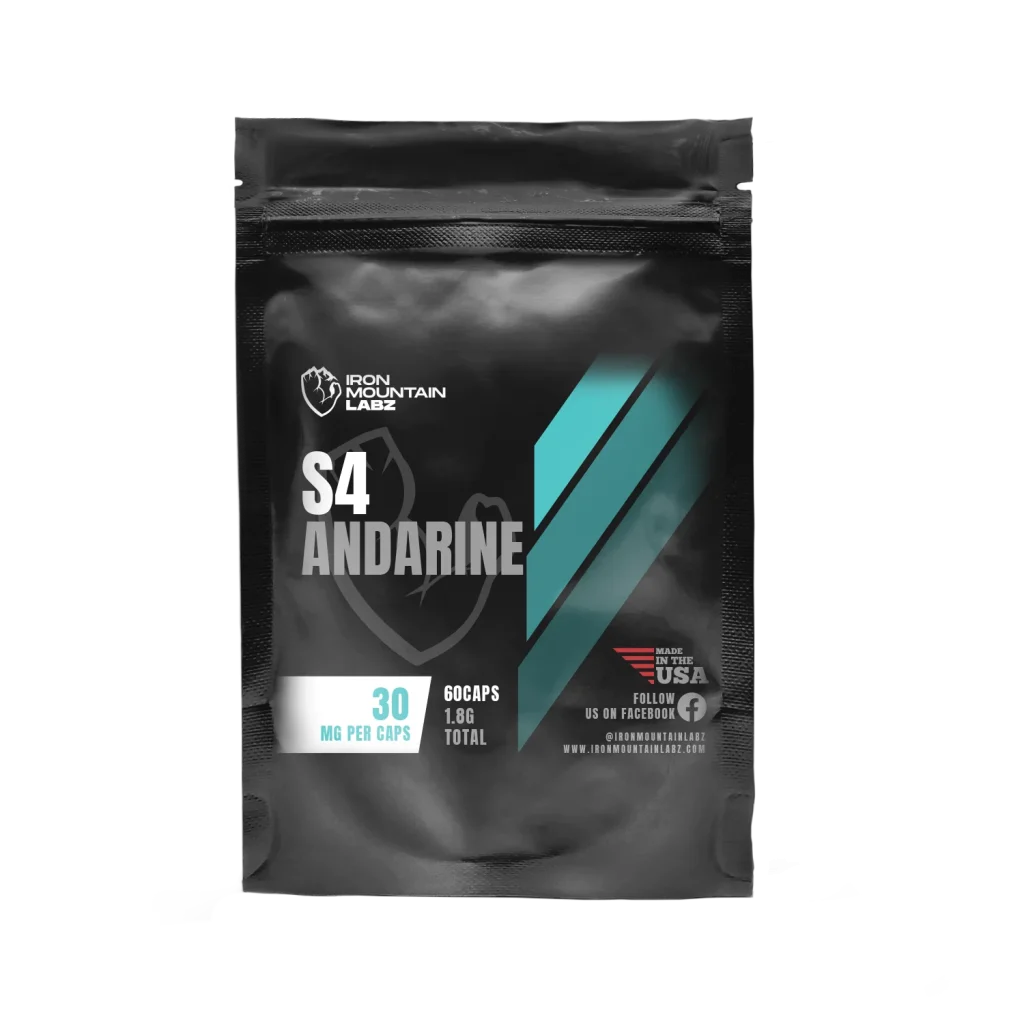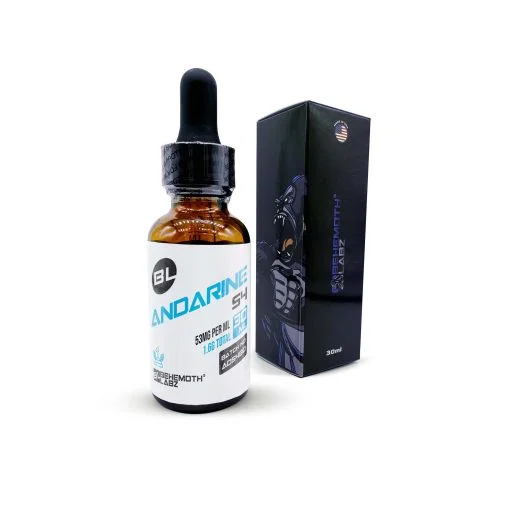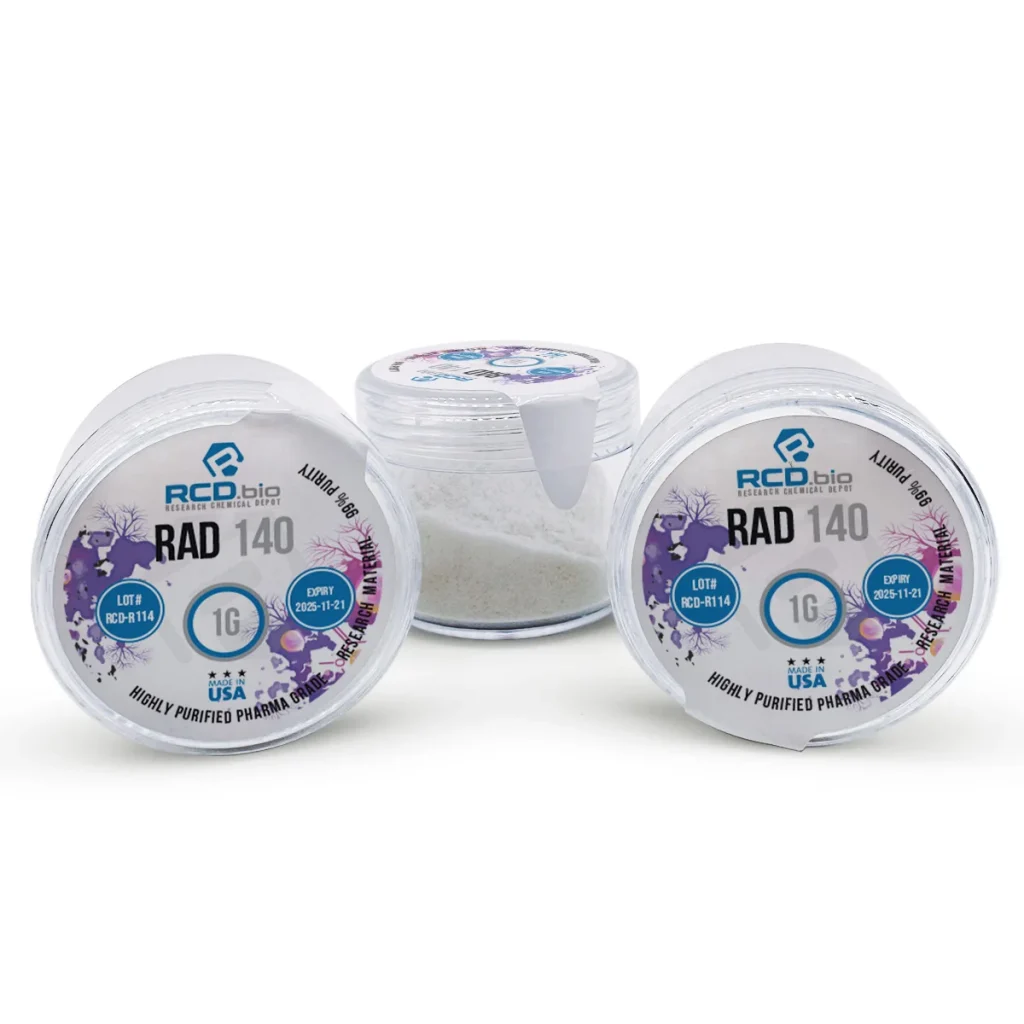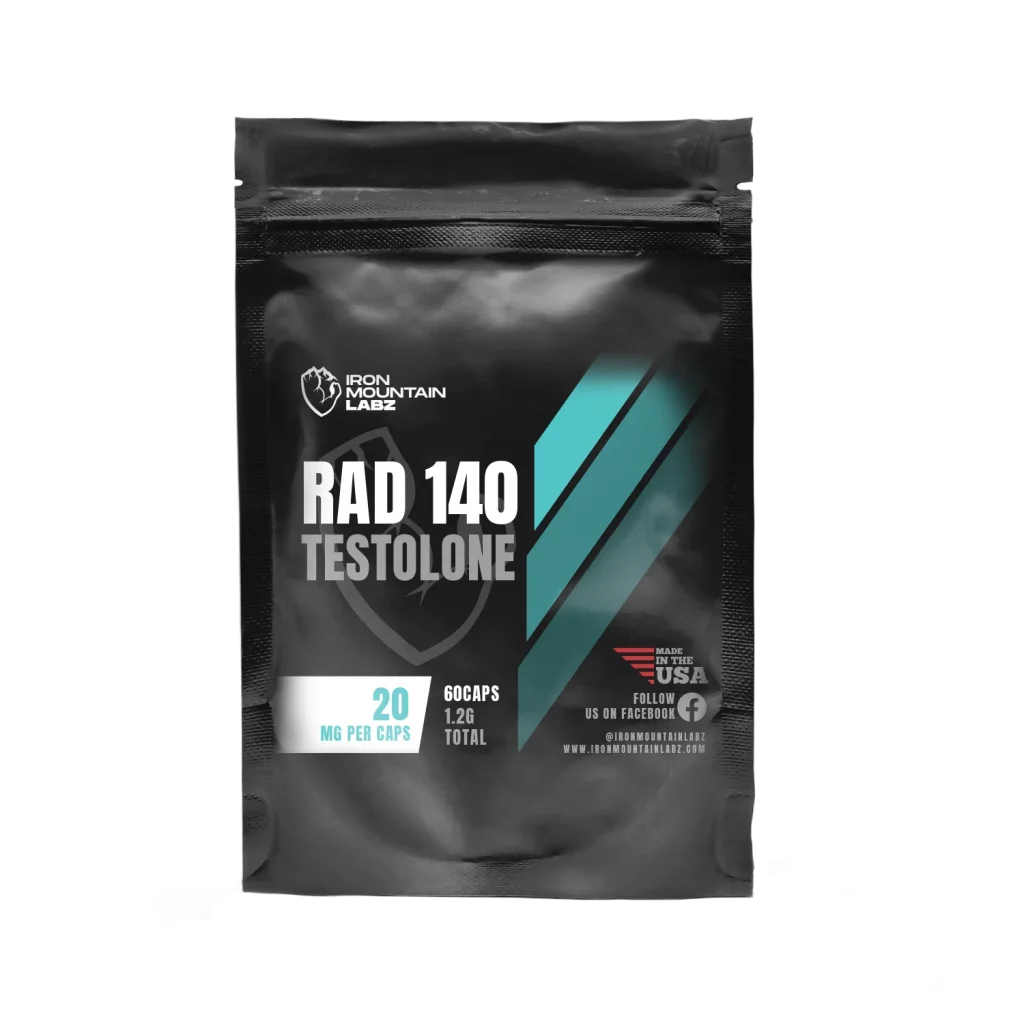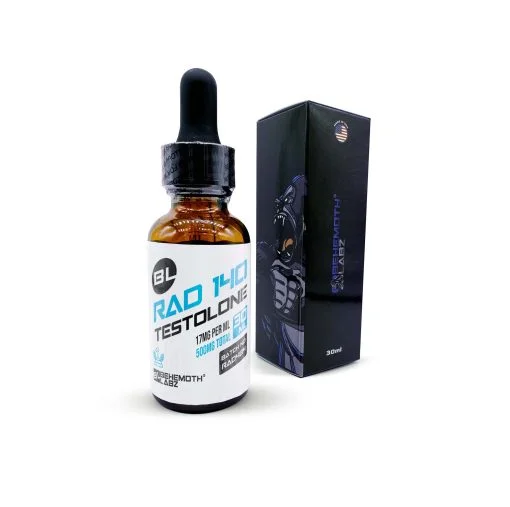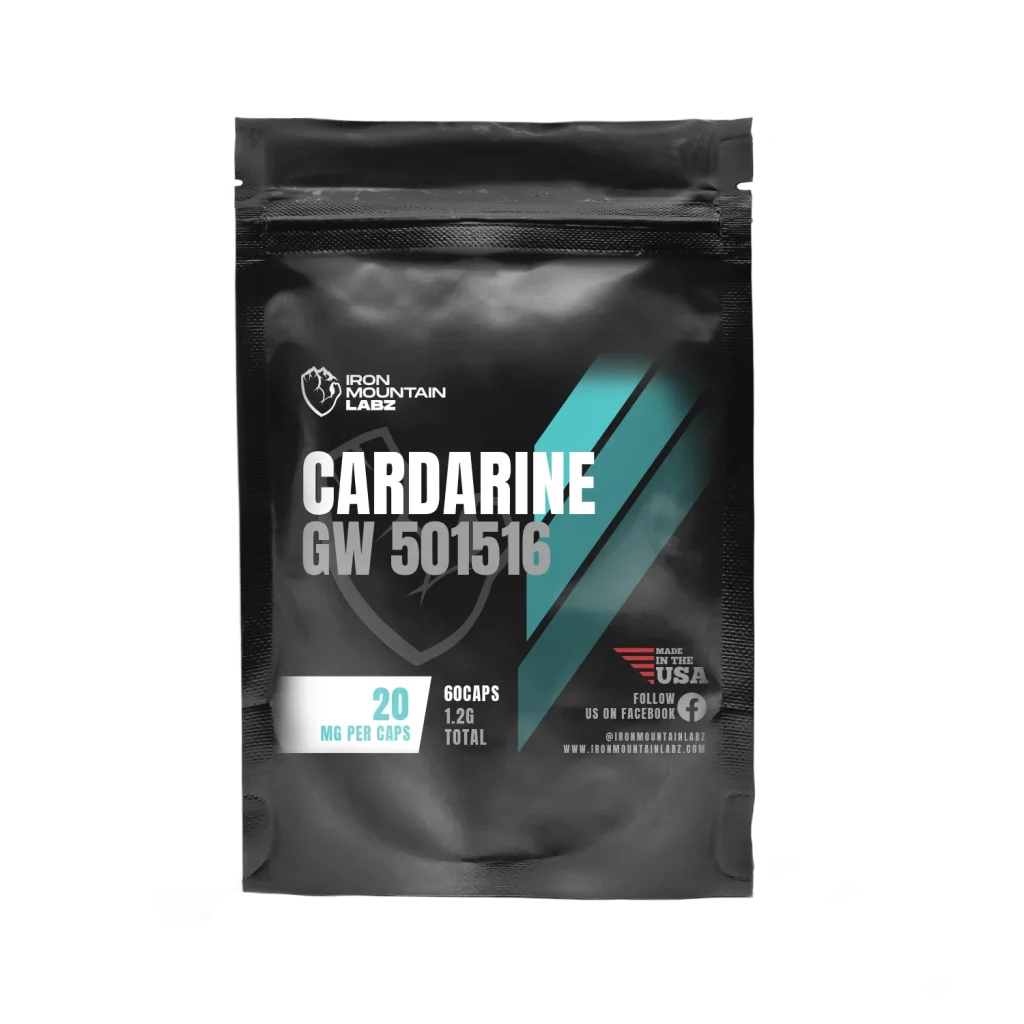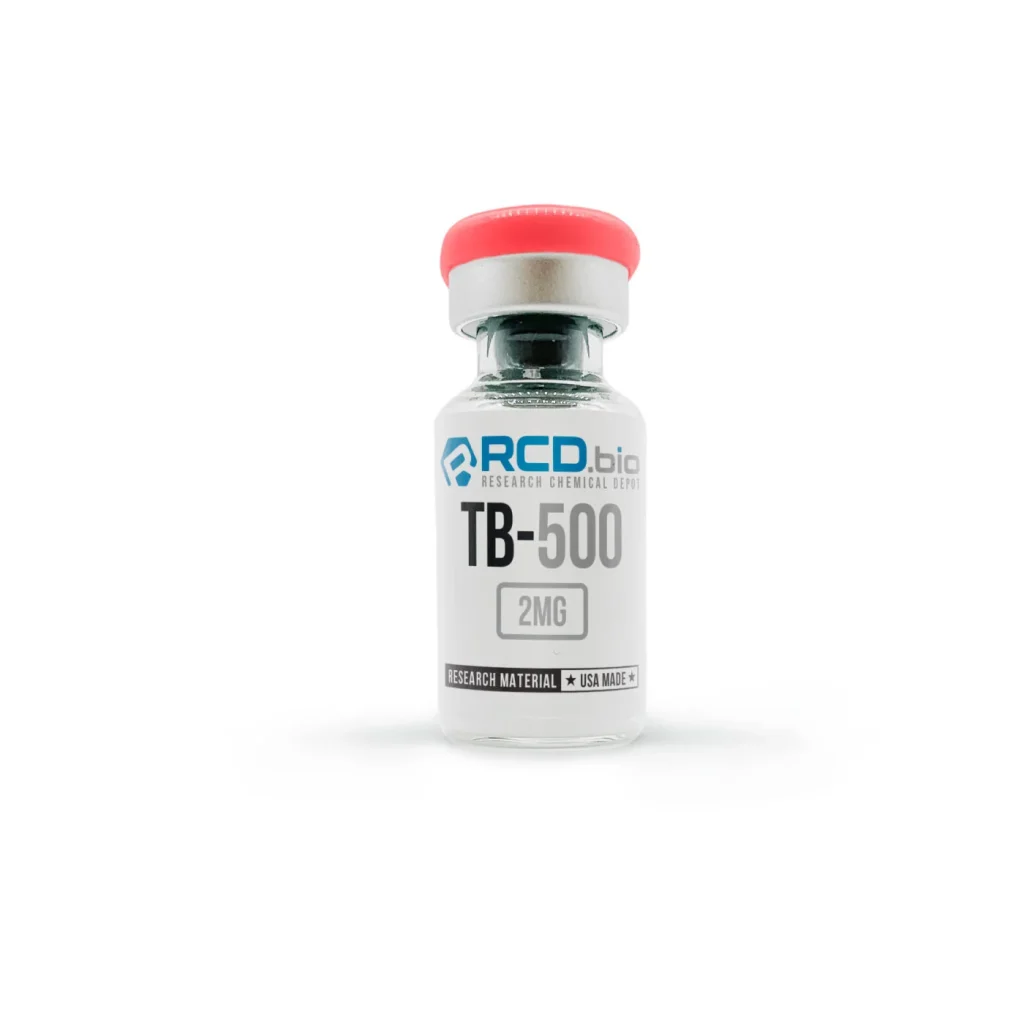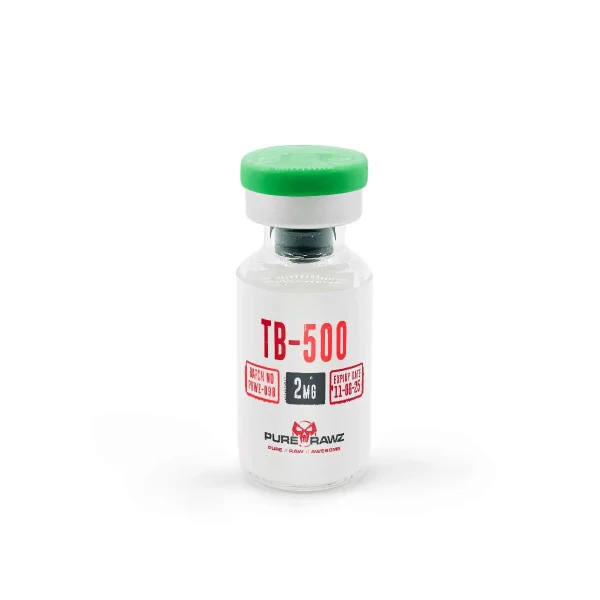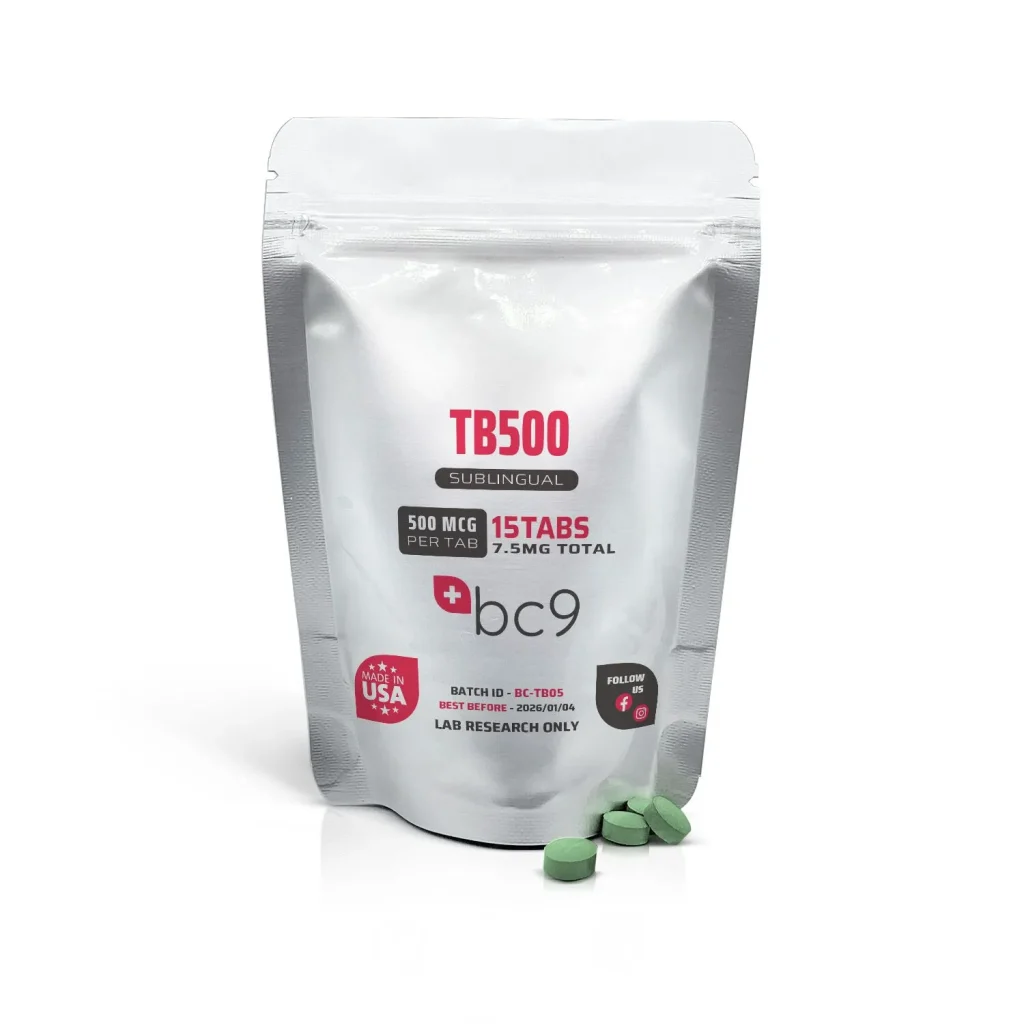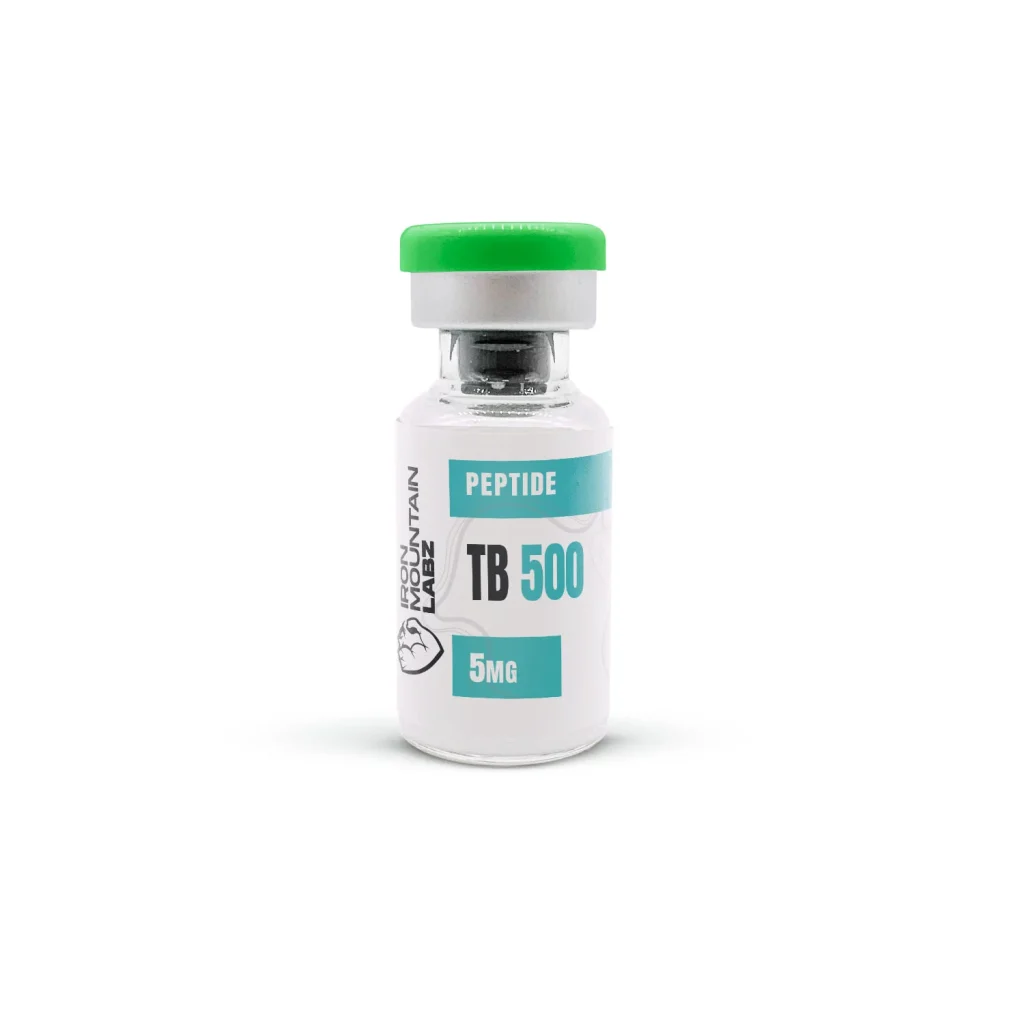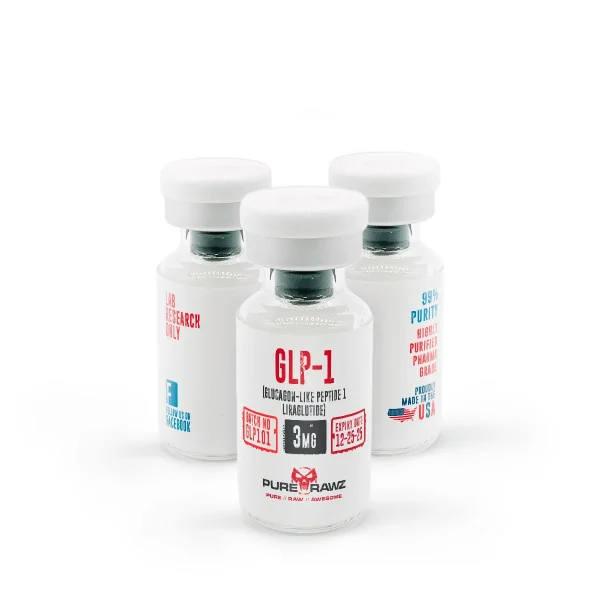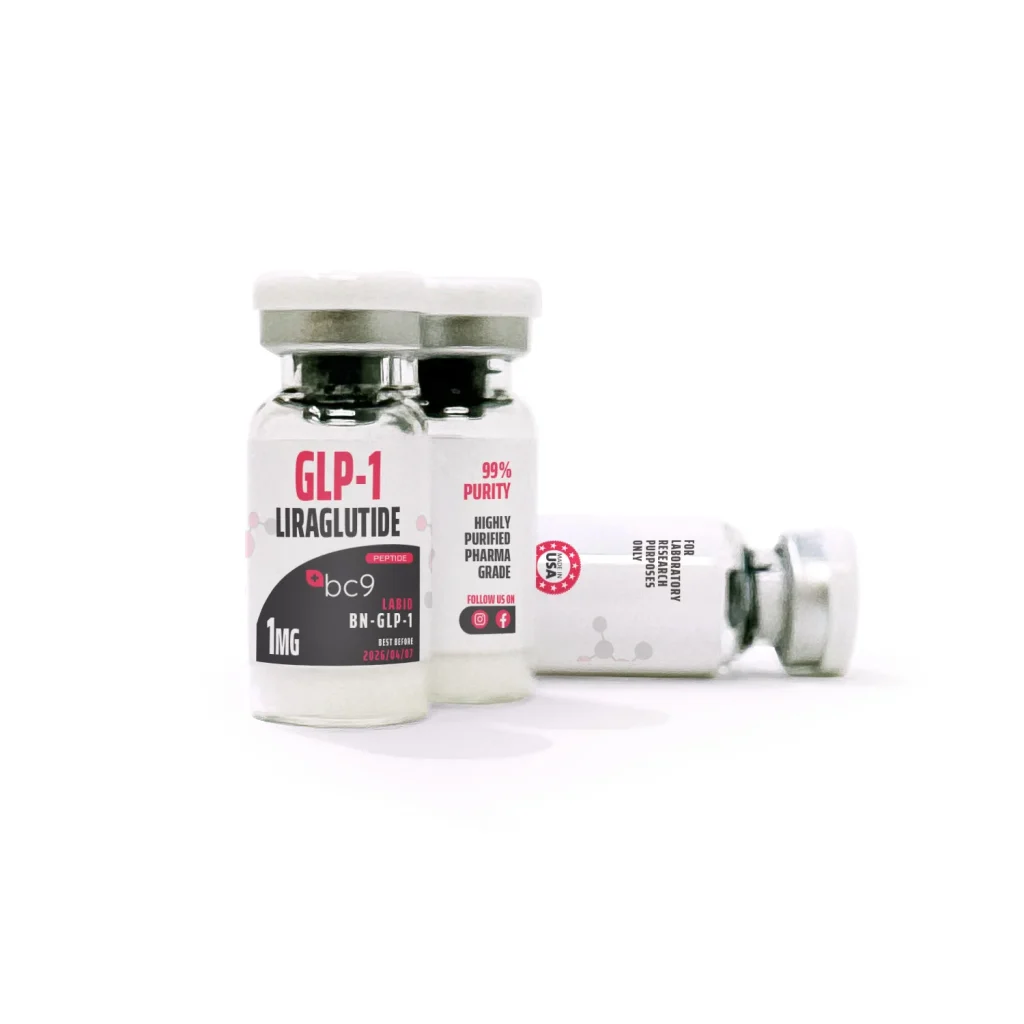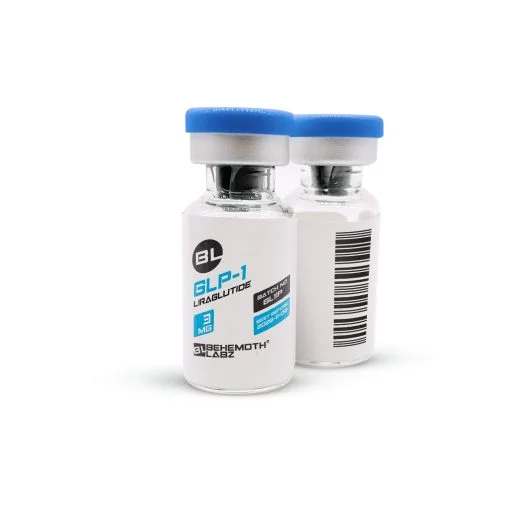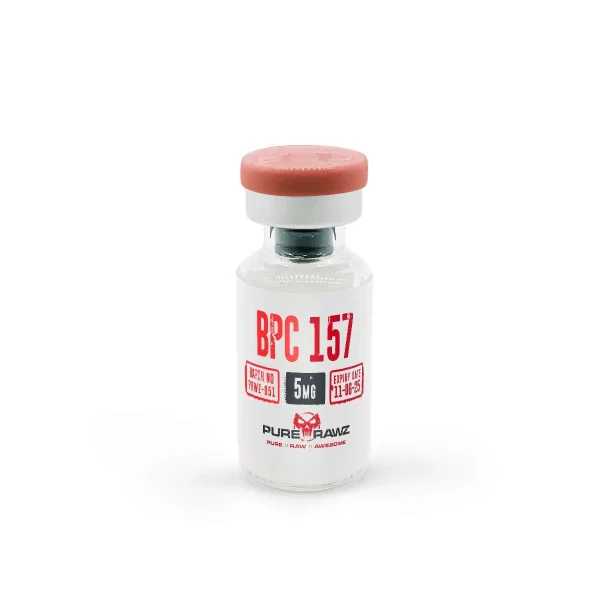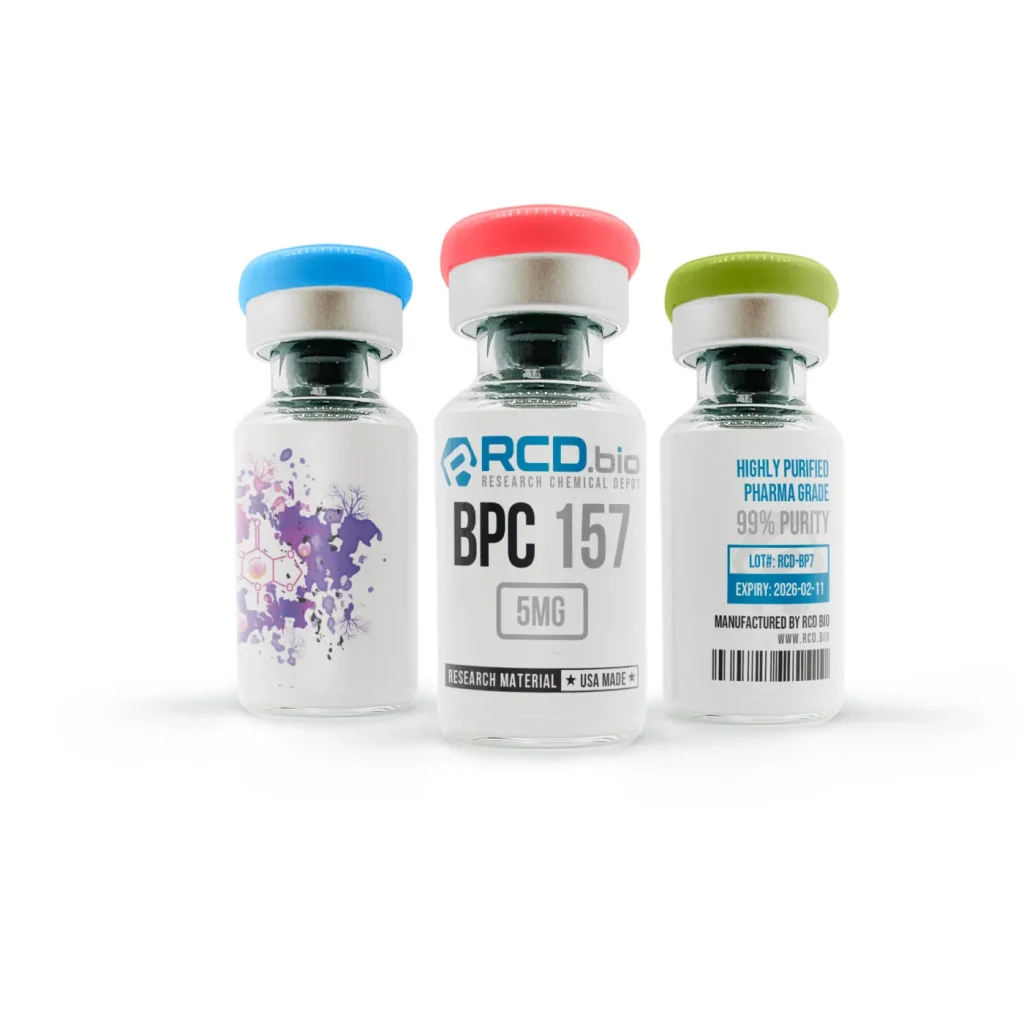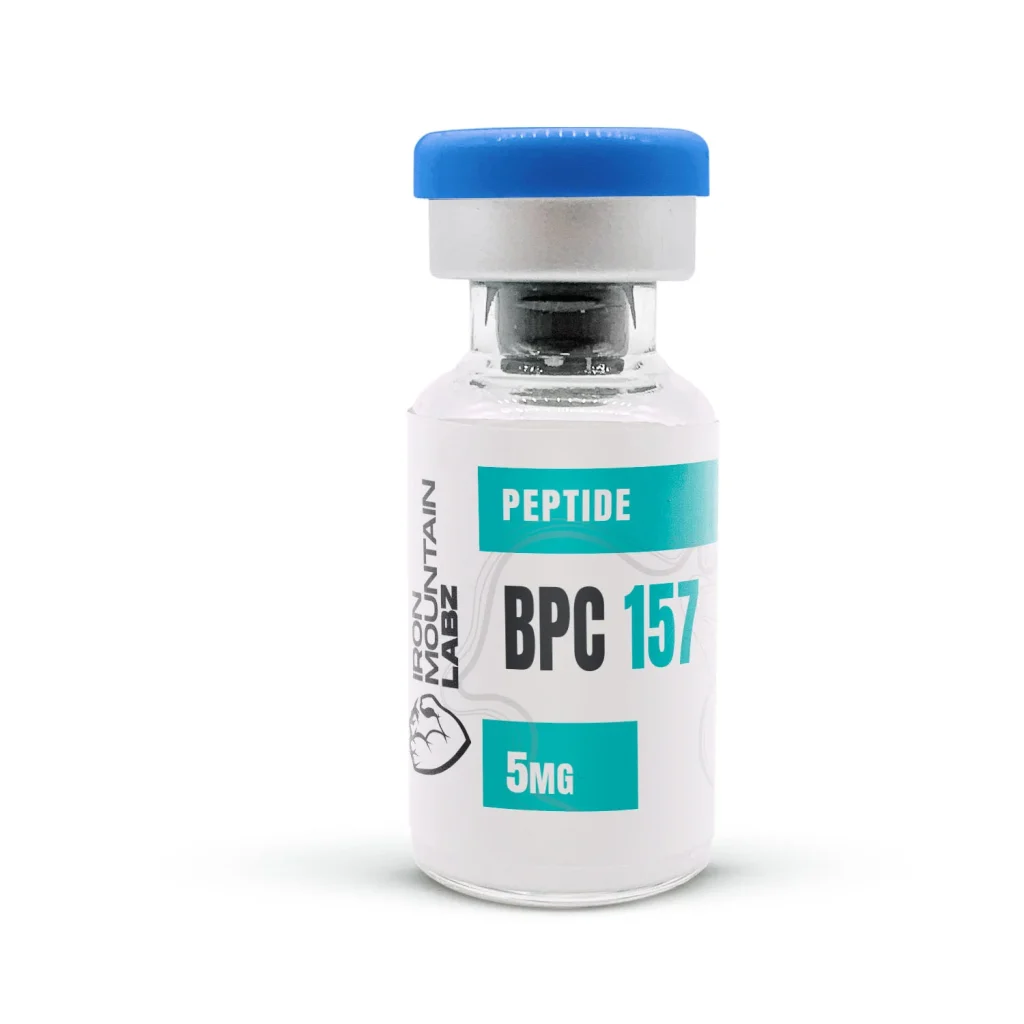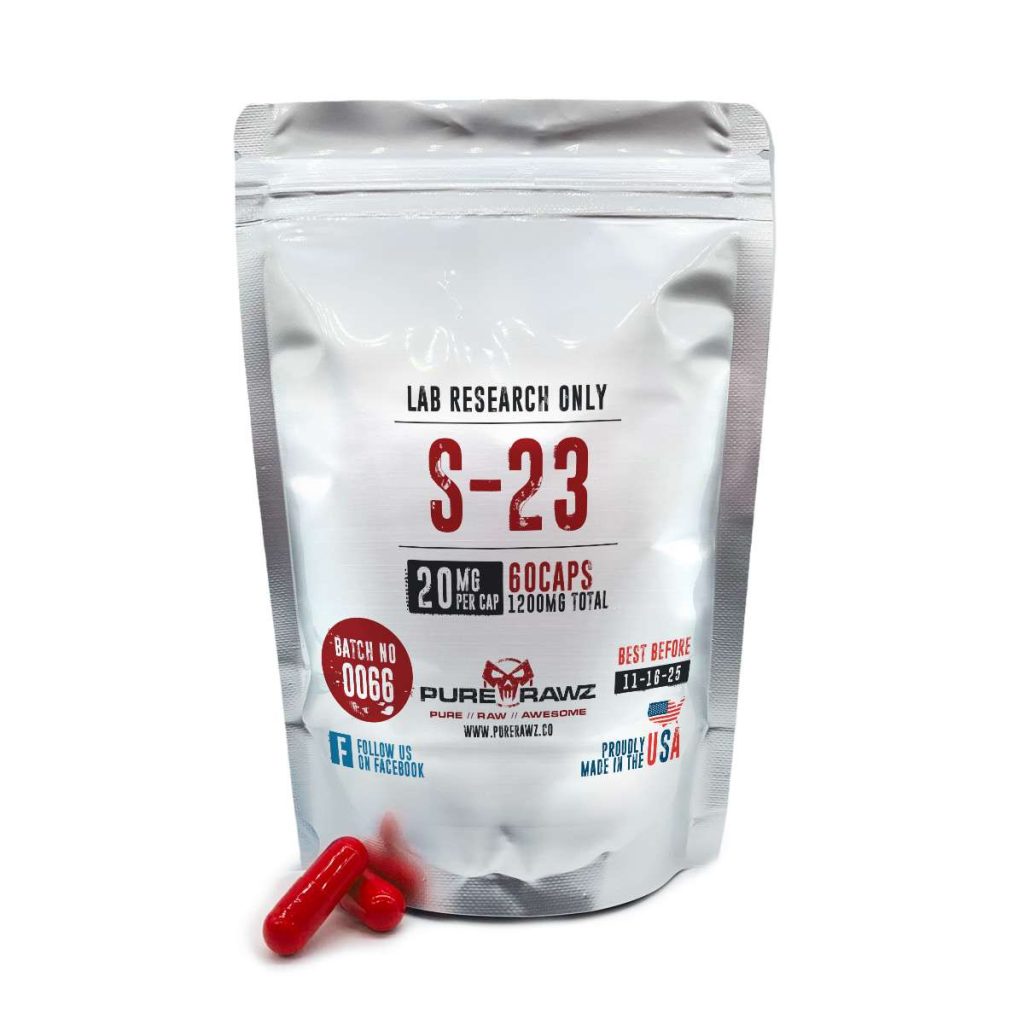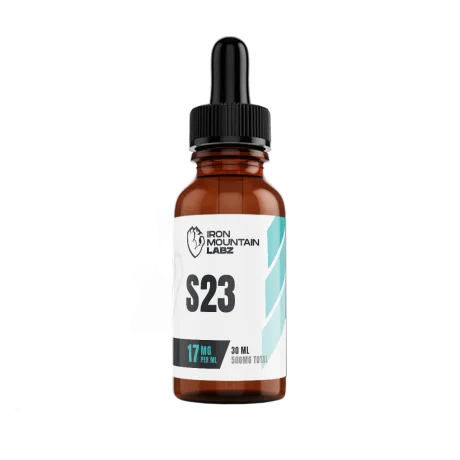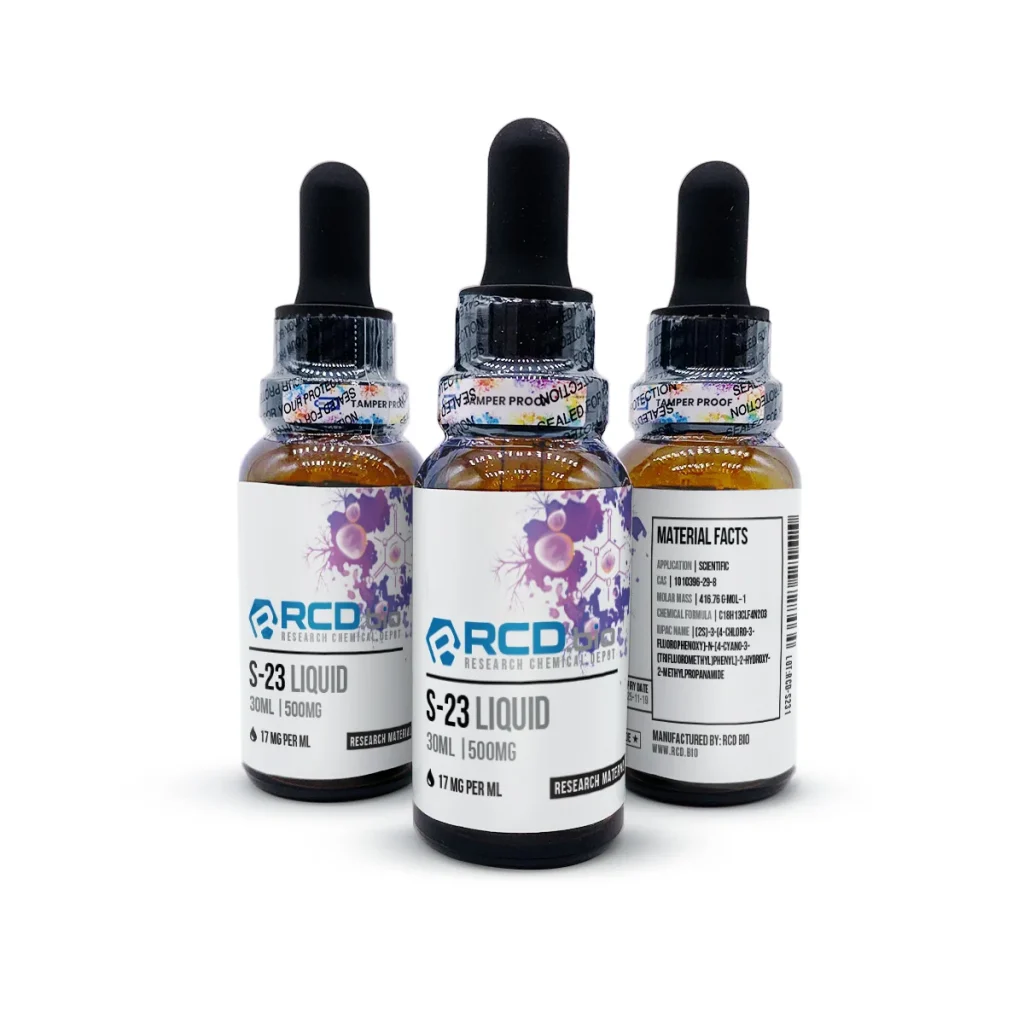Overview
Oxytocin is a hormone produced by the hypothalamus and secreted by the pituitary gland. This important hormone plays a crucial role in the childbirth process and also helps with male reproduction. Understanding oxytocin will help you take better care of your health, and lead you toward a better understanding of how your body functions.
Benefits
Here are the benefits of Oxytocin:
-
Oxytocin reduces cravings. When scientists administered it to rodents who were addicted to cocaine, morphine, or heroin, the rats opted for less drugs, or showed fewer symptoms of withdrawal. (Kovacs, 1998) Oxytocin also reduces cravings for sweets.
-
Oxytocin calms. A single rat injected with oxytocin has a calming effect on a cage full of anxious rats.
-
Oxytocin increases sexual receptivity and counteracts impotence.
-
Oxytocin counteracts the effects of cortisol, the stress hormone. Less stress means increased immunity and faster recovery.
-
Oxytocin appears be a major reason that SSRIs ease depression, perhaps because high levels of cortisol are the chief culprits in depression and anxiety disorders. (Uvnas-Moberg, 1999)
Dosage
Note: Dosage information is only for scientific reference purposes. SARMs Central, does not condone the human consumption or use of this substance outside of a controlled scientific environment (i.e. a lab).
The average dose for Oxytocin is 25mcg-30mcg.
Potential Side Effects
There are no known side effects for Oxytocin if the correct dosages are used.








